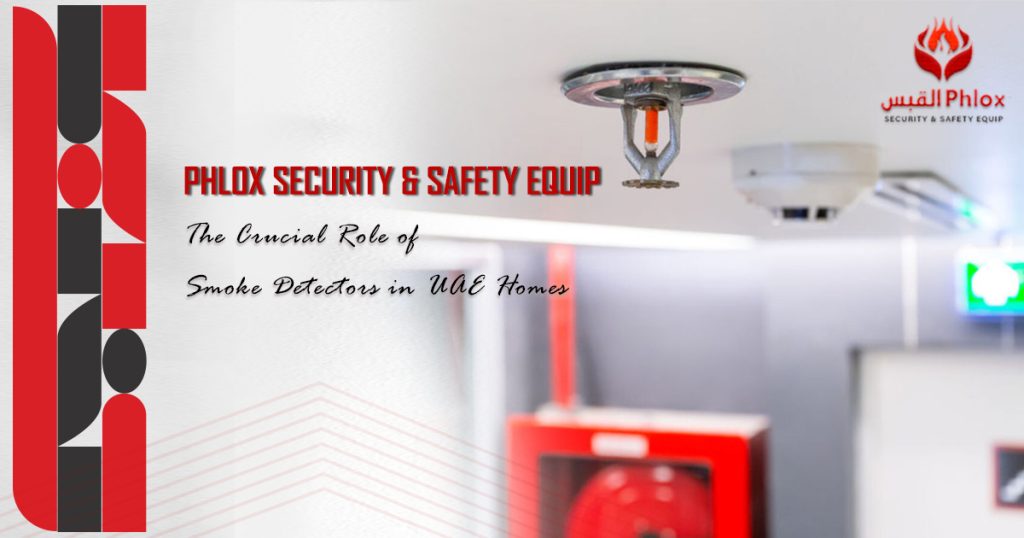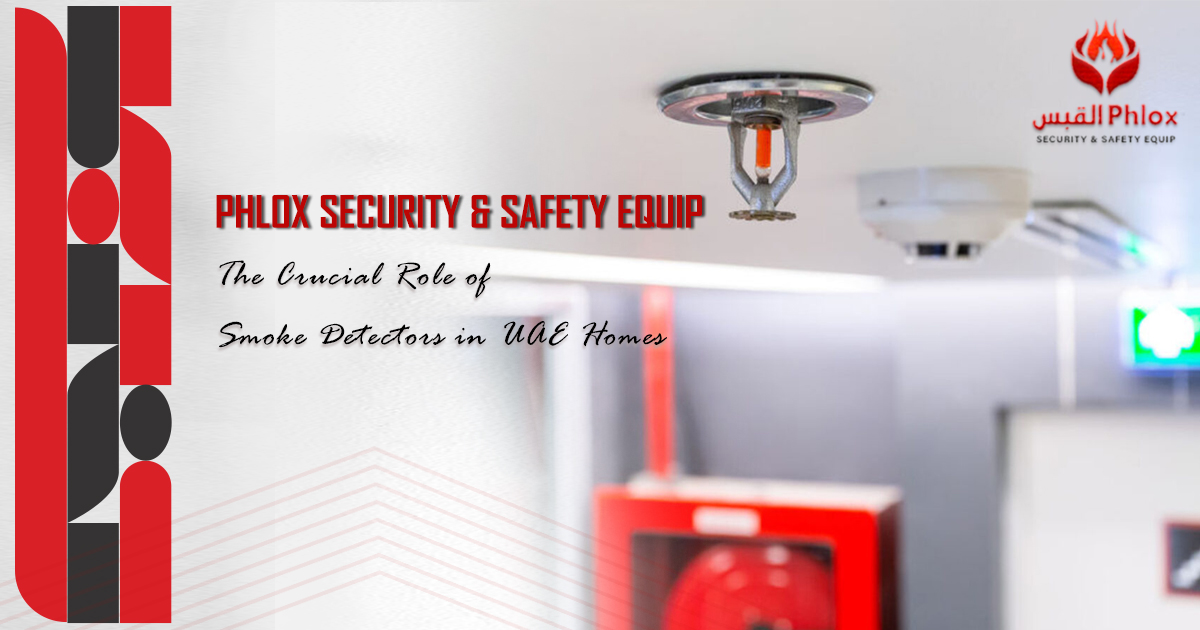
The Crucial Role of Smoke Detectors in UAE Homes
In the United Arab Emirates (UAE), where urban development is rapidly evolving and residential buildings are becoming increasingly complex, smoke detectors have emerged as a critical component of fire safety. Despite the modern amenities and advanced infrastructure, the significance of having functioning smoke detectors cannot be overstated.
Importance of Smoke Detectors inside Building::
These detectors serve as the first line of defense against fires, providing an early warning that can be crucial in preventing loss of life and property. In the UAE, where the climate and building materials can sometimes exacerbate fire risks, ensuring that these devices are installed and maintained properly is essential. It helps giving the alarm to inform the building residents in case of a fire.
Building codes in the UAE are stringent, and they require smoke detectors to be installed in new residential buildings. These regulations aim to enhance safety and minimize the risks associated with fires. However, the effectiveness of these regulations relies on proper installation and regular maintenance. Homeowners are encouraged to install detectors in key areas such as bedrooms, hallways, and living rooms. Battery-operated detectors should have their batteries replaced regularly, while hardwired systems should be checked to ensure they are functioning correctly.
Education and awareness play a significant role in fire safety. Many residents may not fully understand the importance of smoke detectors or how to maintain them. Therefore, it’s vital for both property developers and homeowners to prioritize fire safety education. Also to ensure that these detectors are not only installed but also maintained in optimal working condition.
Lastly, smoke detectors are indispensable for safeguarding lives and property in the UAE. As the country continues to grow and develop, investing in proper fire safety measures, including these detectors, should remain a top priority for all residents. This simple yet effective tool can make a significant difference in emergency situations. In addition to its vital role in modern safety practices.



